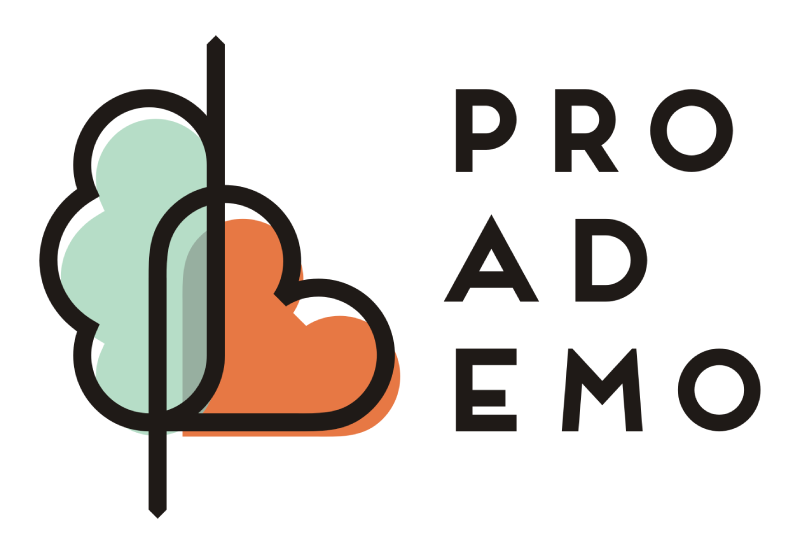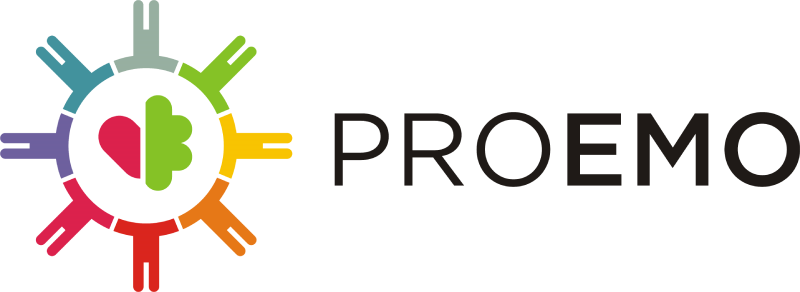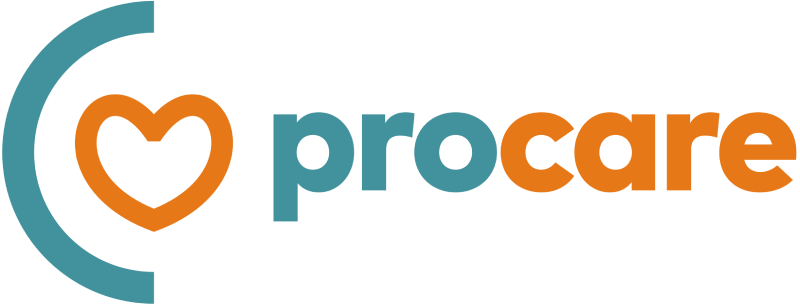
WHAT IS PROADEMO?
The need to include youth mental health at the top of the public health agenda has increased in recent decades. However, targeted prevention protocols had not been developed until the funding of the PROCARE project to our team, which became the first transdiagnostic targeted intervention for youth to be evaluated using a rigorous three-arm ECAS.
In this sense, ‘PROmocionAnDo la salud y bienestar EMOcional de los adolescentes en el sector educativo, sanitario y la sociedad’ (PROADEMO) is based on the knowledge gained from the implementation of PROCARE in Spain and aims to provide emotional support to adolescents at risk of emotional problems. Therefore, the knowledge of PROCARE will be transferred thanks to PROADEMO to the scientific community, the educational and health sector, youth professionals and society in general, both nationally and internationally.
PROADEMO aims to develop a comprehensive methodology that promotes the active participation of adolescents and social agents in the development of guidelines for national and European policies, as well as the drafting of documents in child-friendly language.
In this way, its three main objectives are:
- Design and develop a digital training package for school personnel, health personnel, youth information point workers, and youth themselves to enhance their skills and knowledge to establish and deliver mental health services to adolescents at risk of developing emotional problems in the aftermath of the pandemic.
- To develop a set of practical tools for health, education and youth professionals to provide a high quality mental health service.
- Develop an emotional support toolkit for young people, especially focused on adolescents and produced in collaboration with them, to provide them with information and strategies to promote resilience and protect their emotional health and well-being, as well as to increase emotional literacy.
The target population will be, on the one hand, adolescents (aged 12-18 years) and on the other hand, school personnel, health centers and youth professionals who will have resources to provide support to adolescents using PROCARE’s selective preventive intervention as a starting point.
As PROCARE has been positively evaluated and implemented, PROADEMO will expand the research results to include indices of its social and economic impact. Likewise, PROADEMO will provide a way to reduce the possibility of developing a future emotional problem, thus contributing to social impact. This evidence will reinforce the promotion of health and emotional well-being campaigns in Spain and internationally; and will contribute to reduce the existing differences between healthy and at-risk adolescents. In this way, it will contribute to reducing health and social inequalities in the long term.
PROADEMO has an External Advisory Board comprising governmental entities, NGOs, end users and associations that will be involved in all phases of the project. Several of these entities have already served on the Board in the previous PROCARE project.
To maximize the positive impacts of PROCARE, the materials that PROADEMO will develop will be intellectually protected. Once this action has been carried out, a significant effort will be made to disseminate and exploit its results nationally and internationally. The research team will involve national and international stakeholders in the dissemination activities planned. The exploitation strategy will focus on exploiting the results through future collaborative projects. This exploitation plan will include initiatives aimed at further developing the project results in collaboration with the External Advisory Board and new partners that may join. The research team will also continue to promote the results in international forums to which it has access and to work on the development of new projects and the mobilization of new resources.
FUNDING
PROADEMO a project (PDC2022-133401-I00/AEI/10.13039/501100011033) funded by the Ministry of Science and Innovation, the State Research Agency and the European Union through the “Next Generation EU” funds within the Recovery, Transformation and Resilience Plan.







